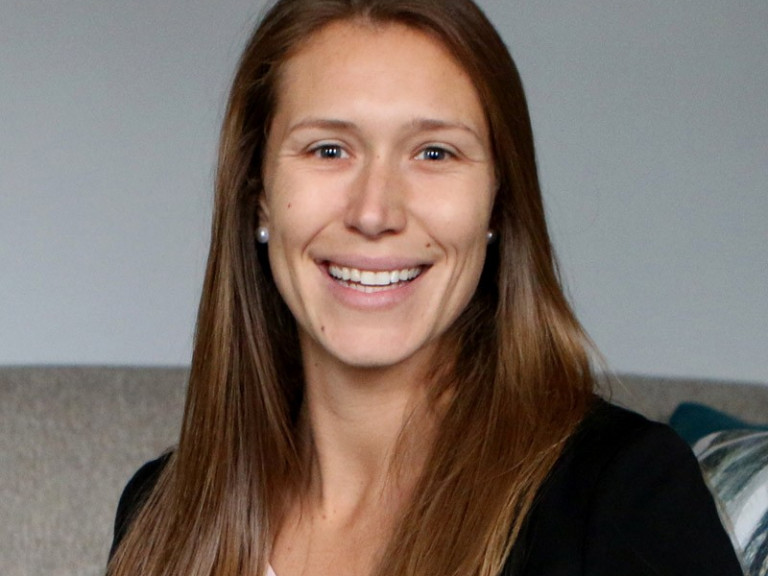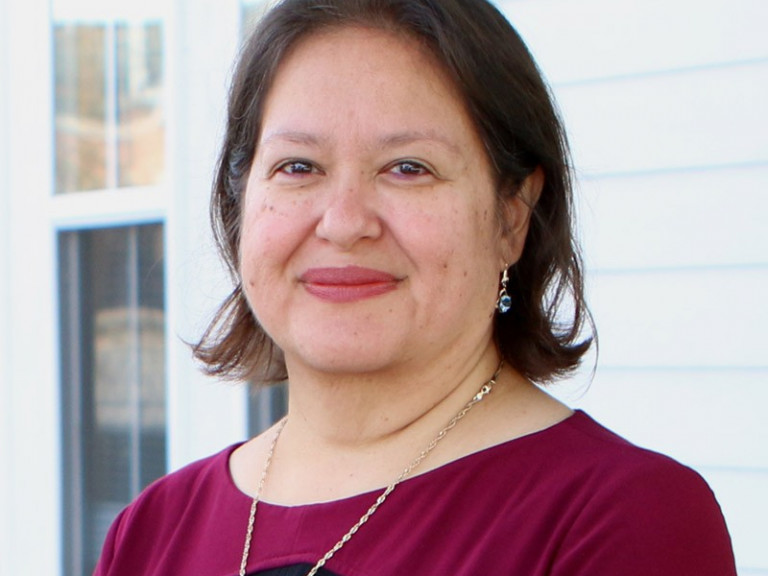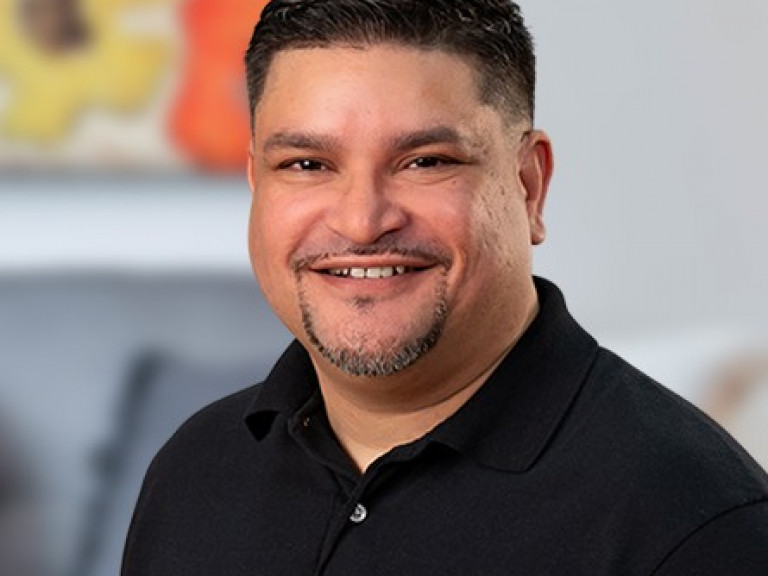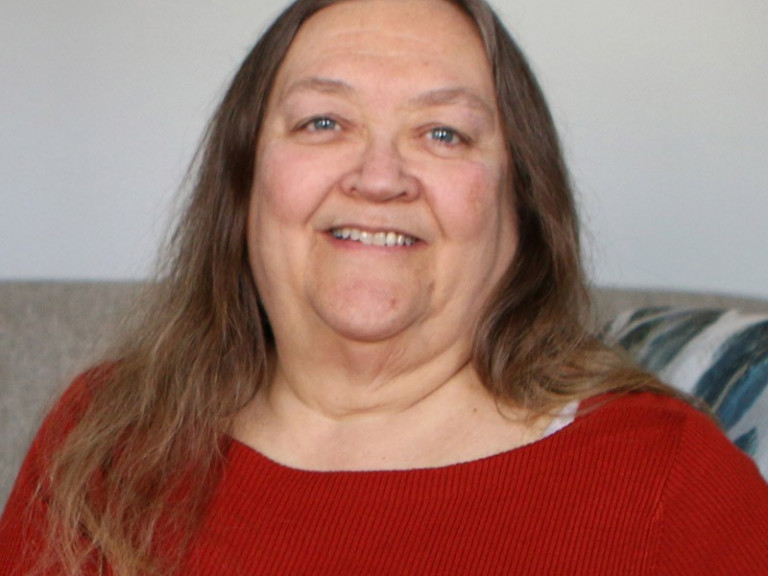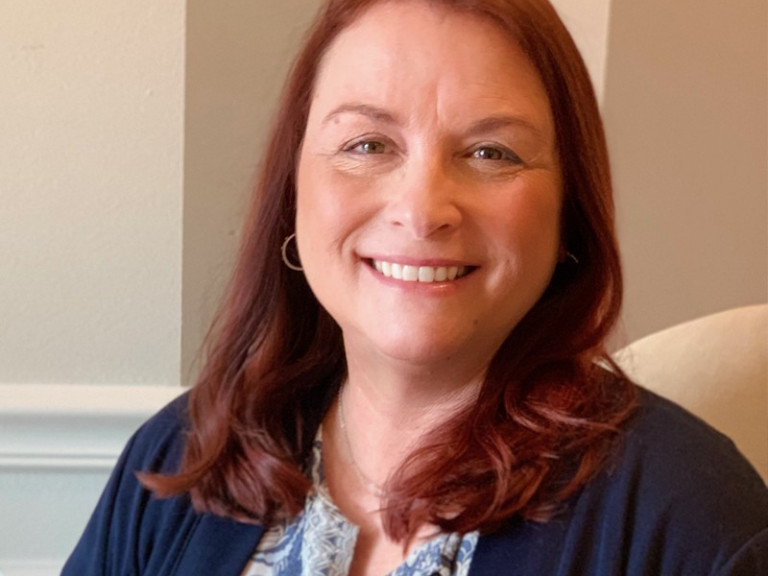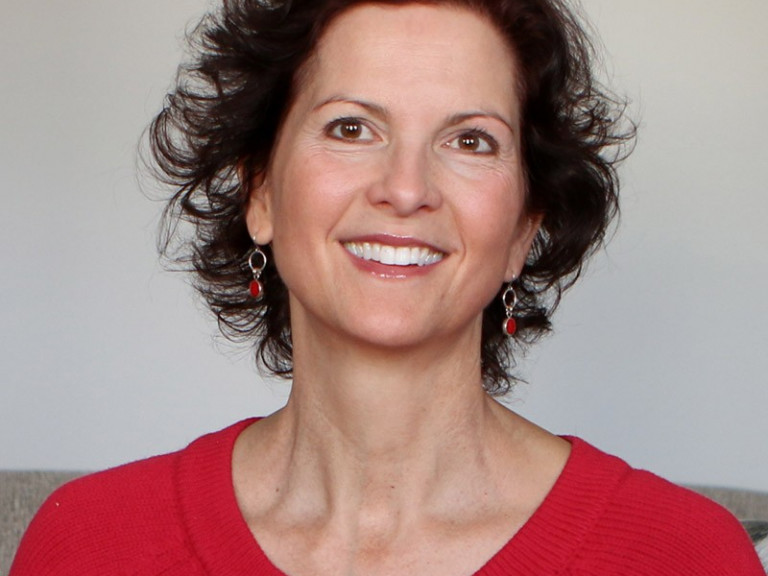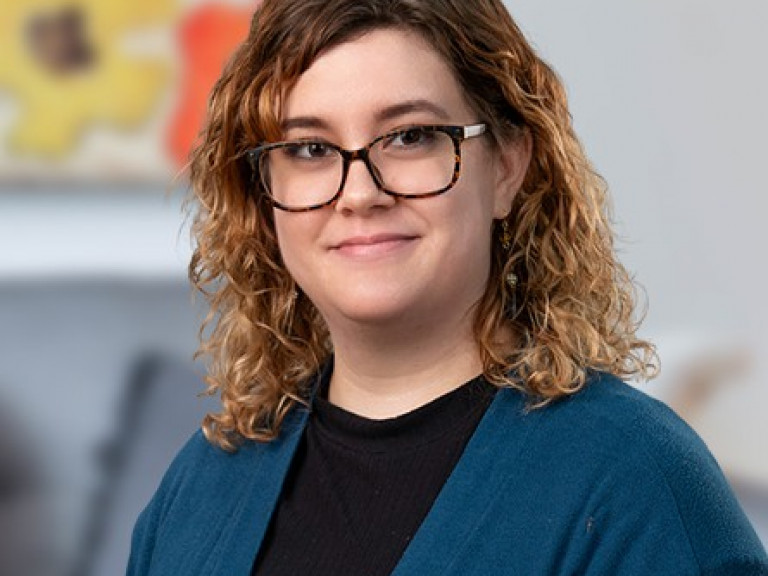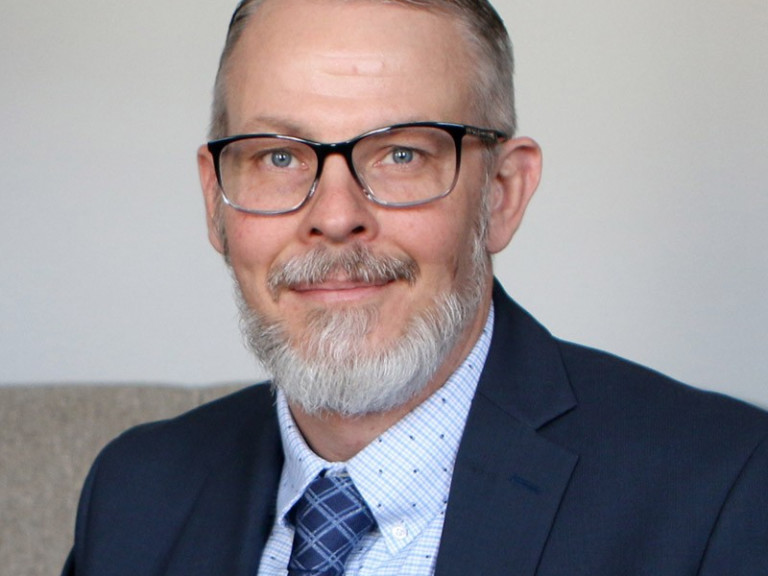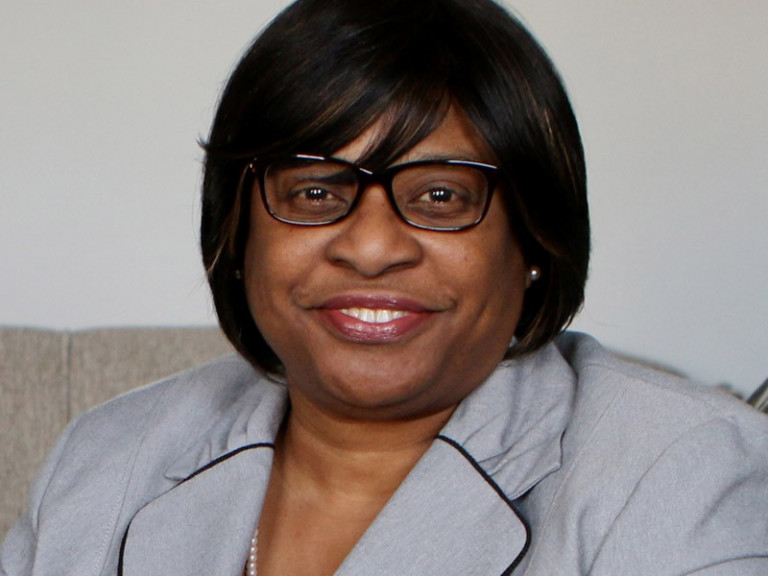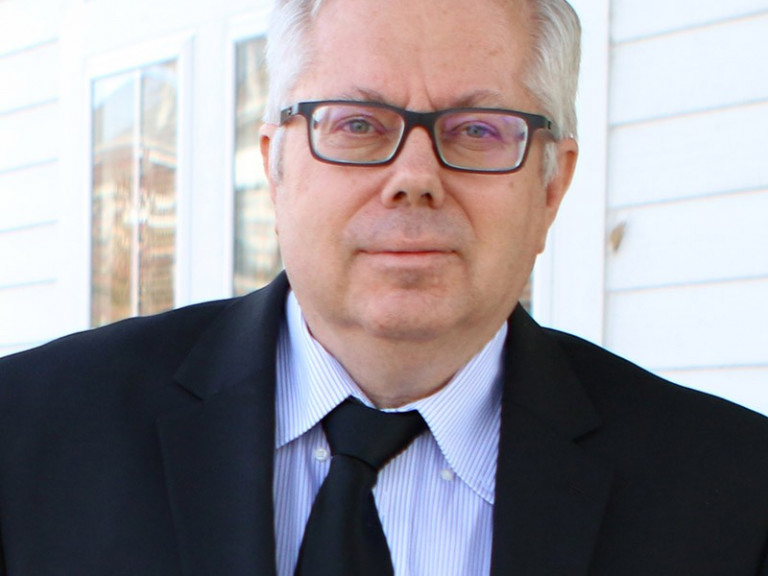Sharmistha Bose, Ph.D.
Children, Adolescents, Families, and Adults
Sharmistha Bose, Ph.D., is a clinical psychologist practicing in our St. Charles office. She is a graduate of the University of North Carolina and earned her doctorate in clinical psychology from the University of Maryland. She specializes in working with children and adolescents experiencing difficulties with depression, anxiety, peer conflict, autism spectrum disorder, ADD/ADHD, and other executive functioning Issues. She also has extensive experience with bipolar disorder and serious behavior problems, such as self-harm and rage outbursts. In addition, she sees adults dealing with depression and anxiety, and works with families to resolve conflict.
“Many children today struggle to regulate their feelings and behaviors; the result is that they act in ways that diminish their self-esteem and strain vital family and peer relationships. Often these children’s emotions escalate quickly and intensely, and they don’t have the life experience to know how to deal with them or put them in perspective. I help children and teens develop the life strategies they need to cope with daily hassles and the more serious symptoms of depression and anxiety. We examine the consequences of personal choices and how communication, or lack thereof, affects relationships. Active parent involvement is key to successful outcomes, especially with younger clients.”
Dr. Bose’s approach includes cognitive behavioral therapy (CBT), Dialectical Behavior Therapy (DBT) and Acceptance and commitment therapy (ACT). Interventions are designed within a developmental framework and to suit each individual’s needs. As treatment progresses, children, adults, and families will gain insight into the causes of problems and will have a toolbox of adaptive coping strategies to use at home and in larger social settings.
Dr. Bose’s Areas of Focus Include:
ADD/ADHD and learning disabilities; autism; anxiety; depression; behavior and defiance issues; bipolar disorder; child development; cultural and ethnic issues; family conflict; LGBTQ issues, obsessive-compulsive disorder; parenting; self-harm; self-esteem.
Specializing in:
Book an appointment
If you would like to book an appointment, please call 630 377 3535 or fill our appointment form.





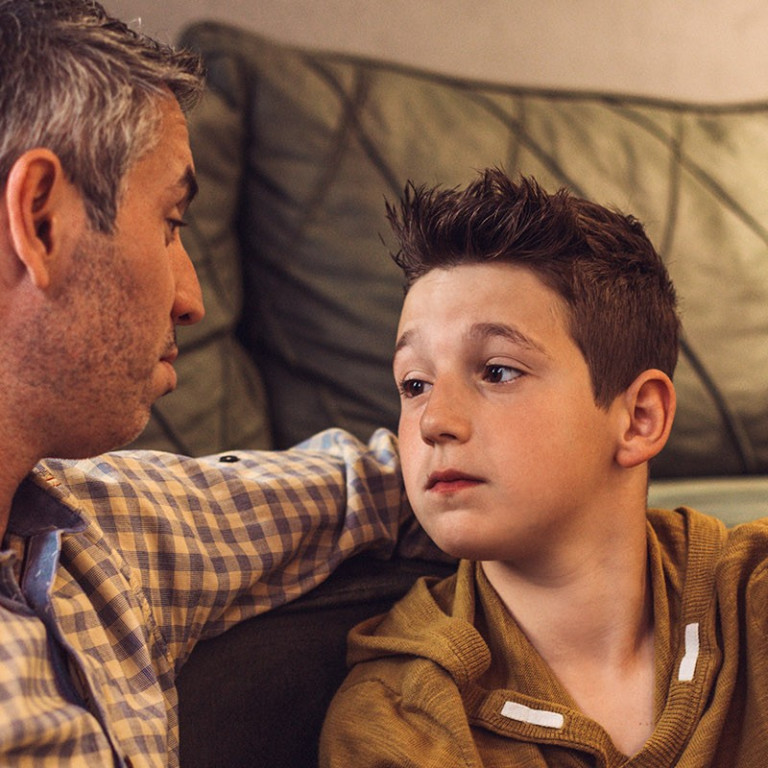
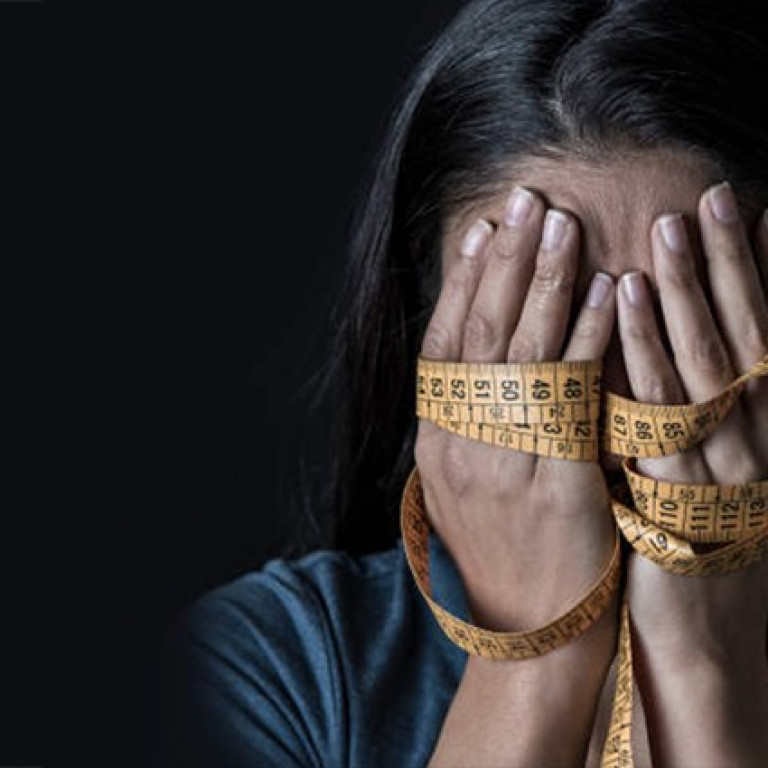


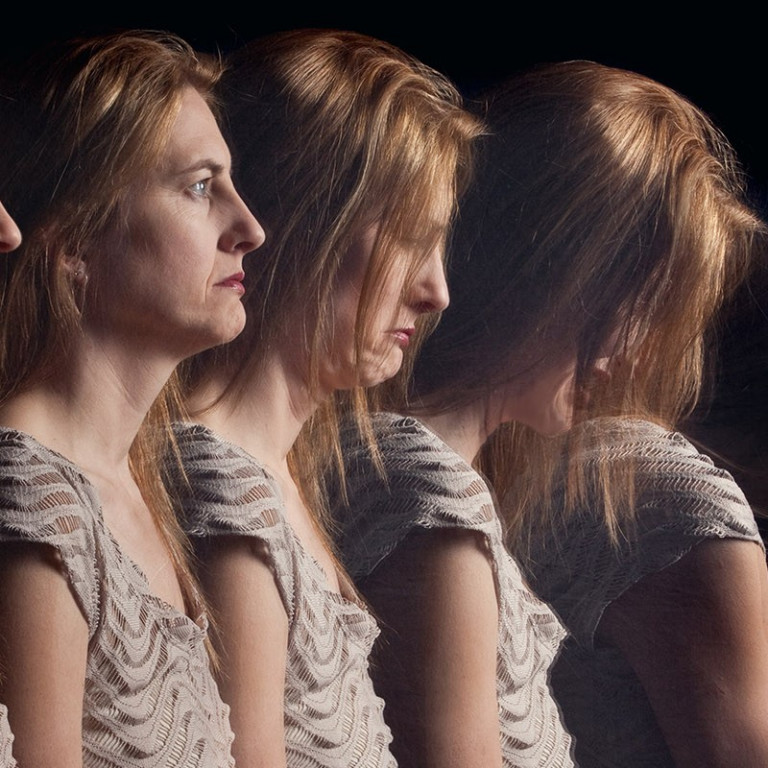
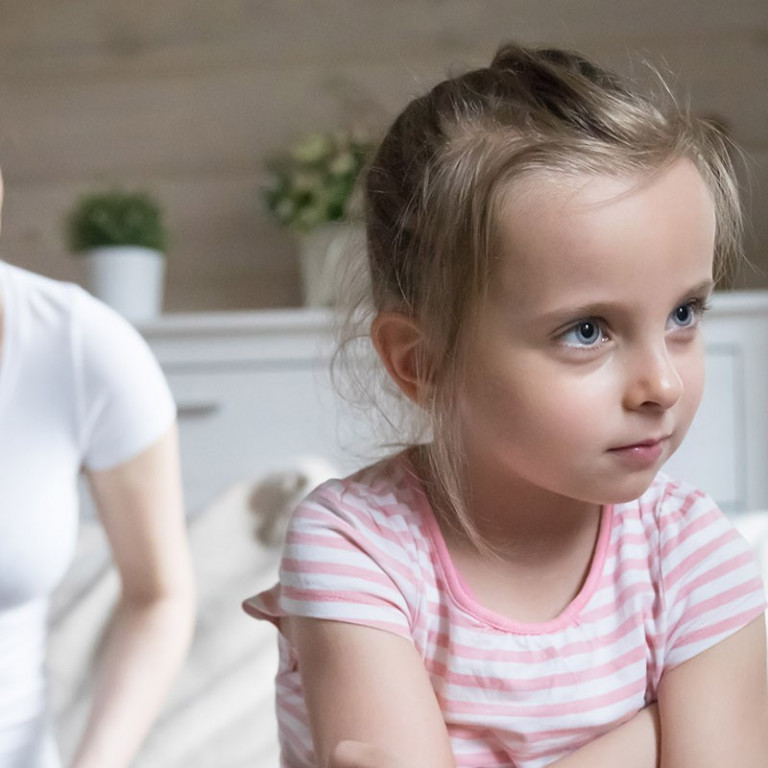
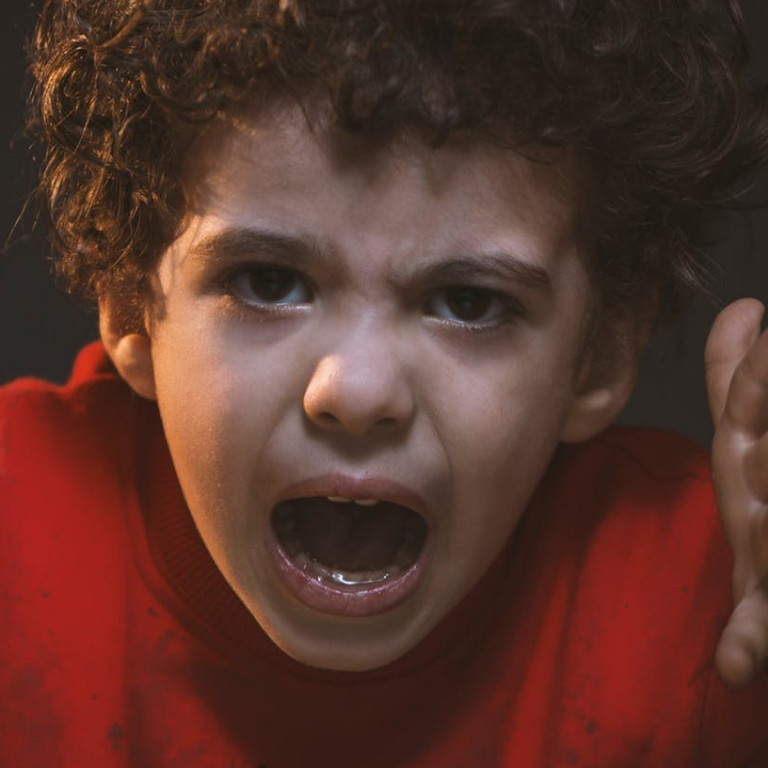
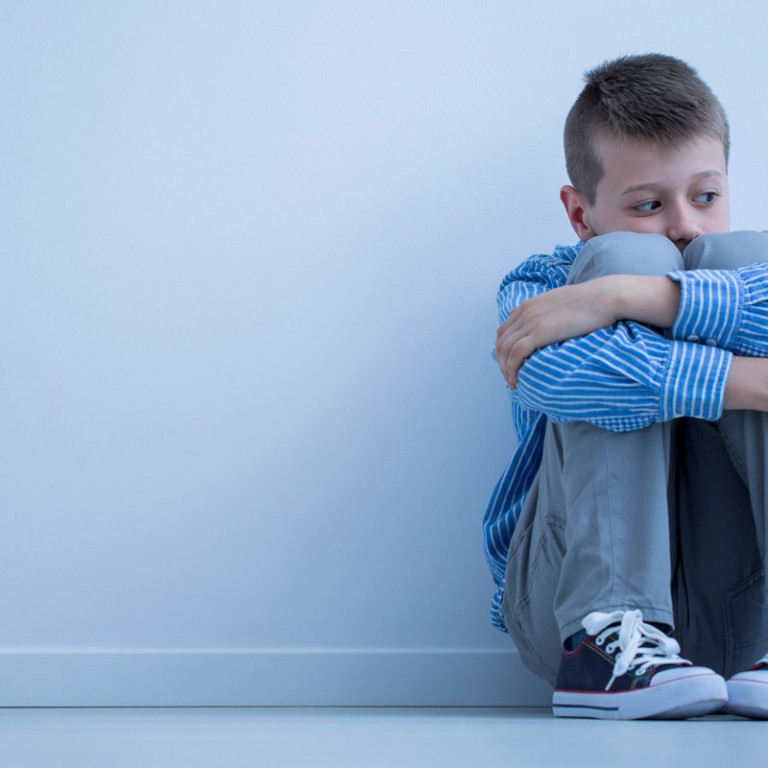

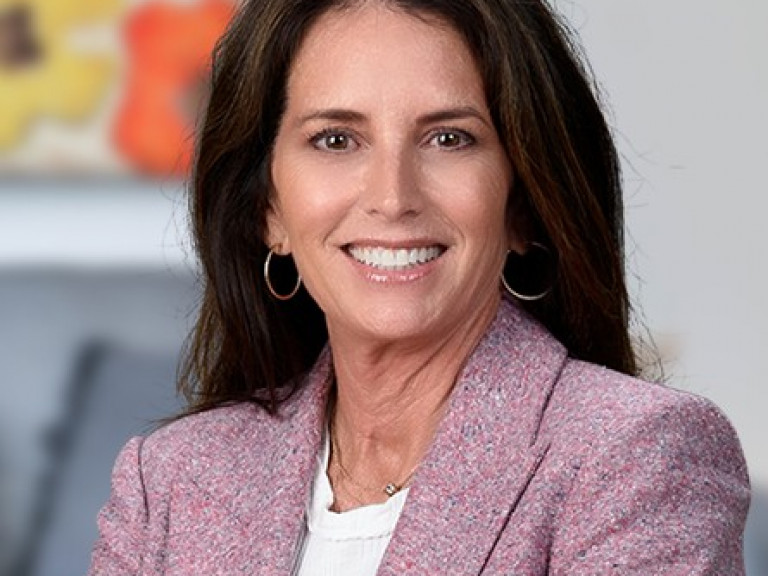
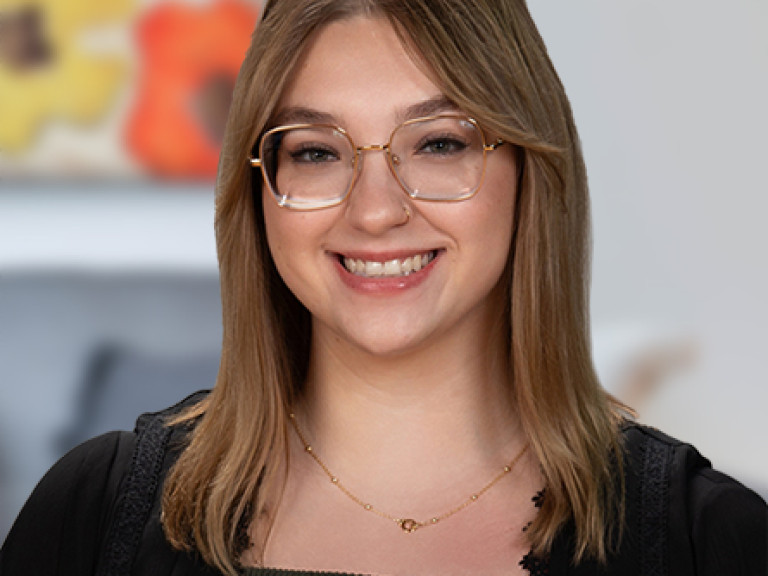
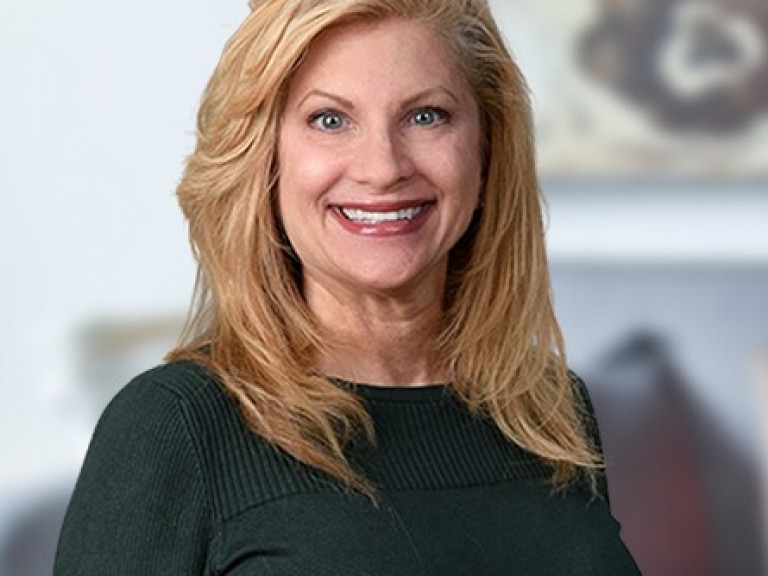
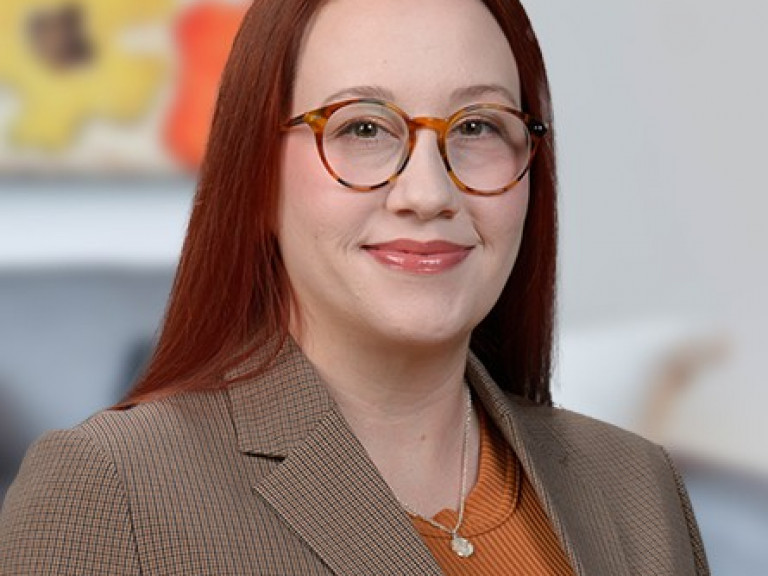
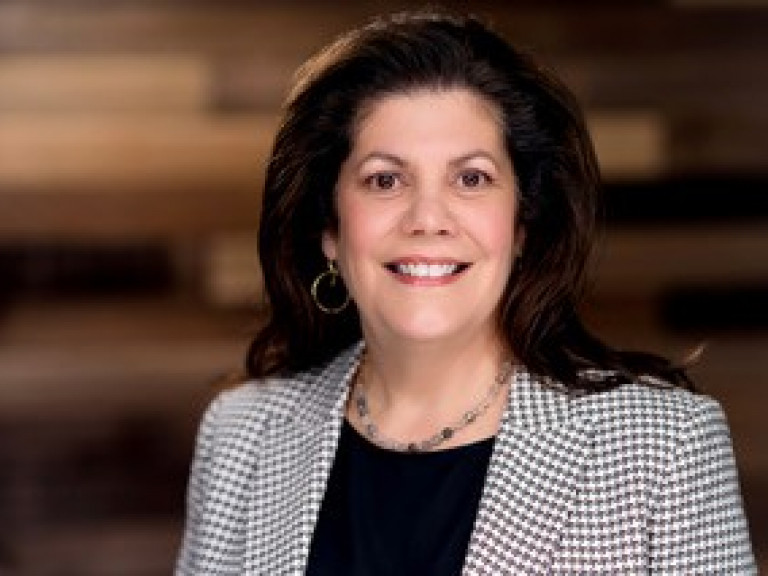

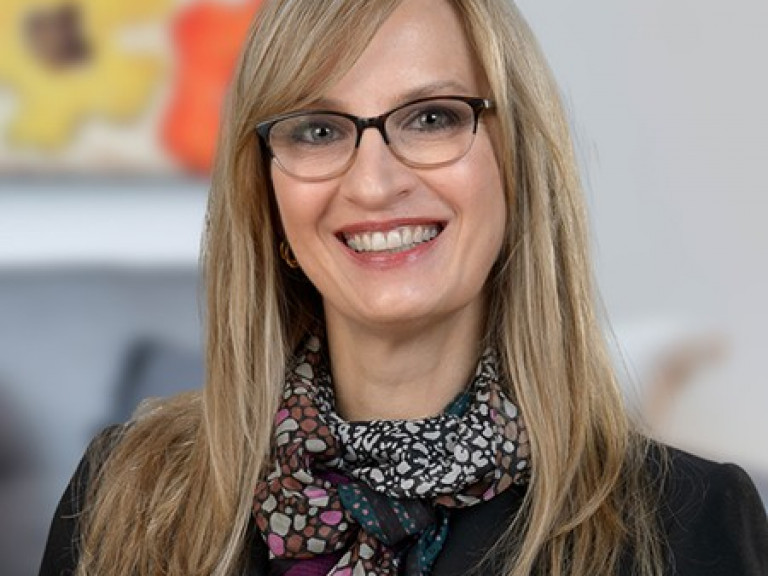
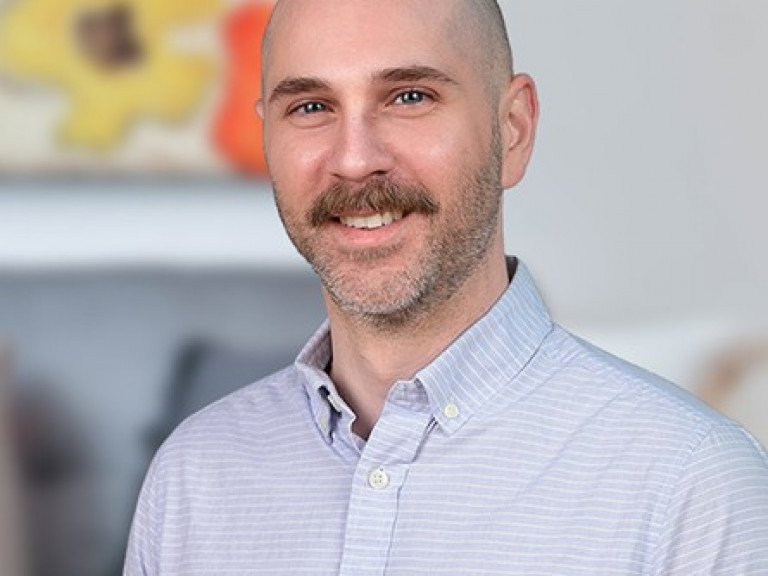
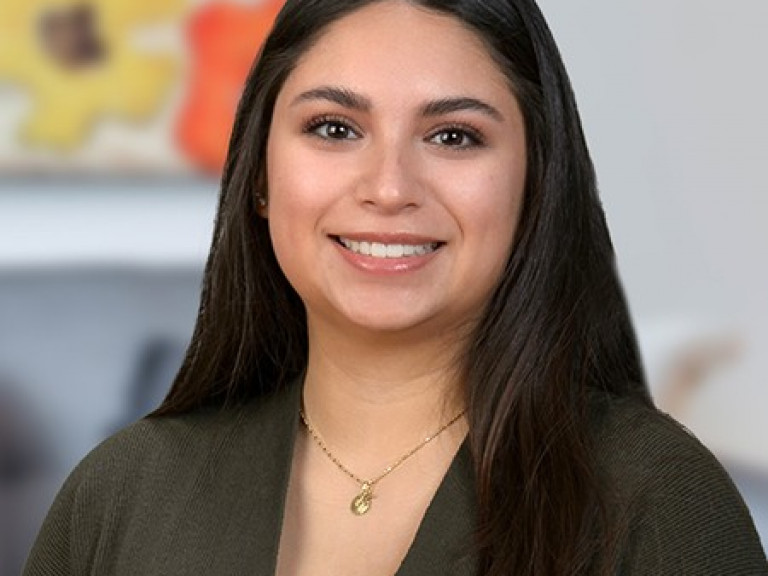
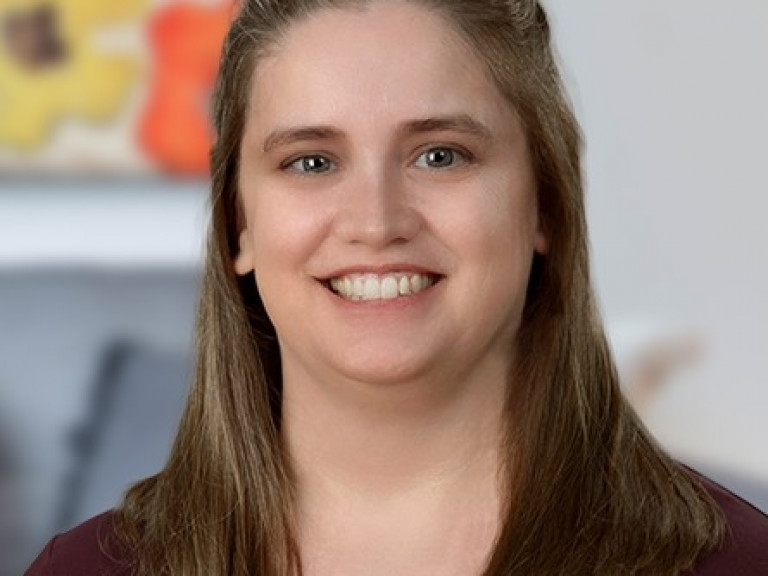
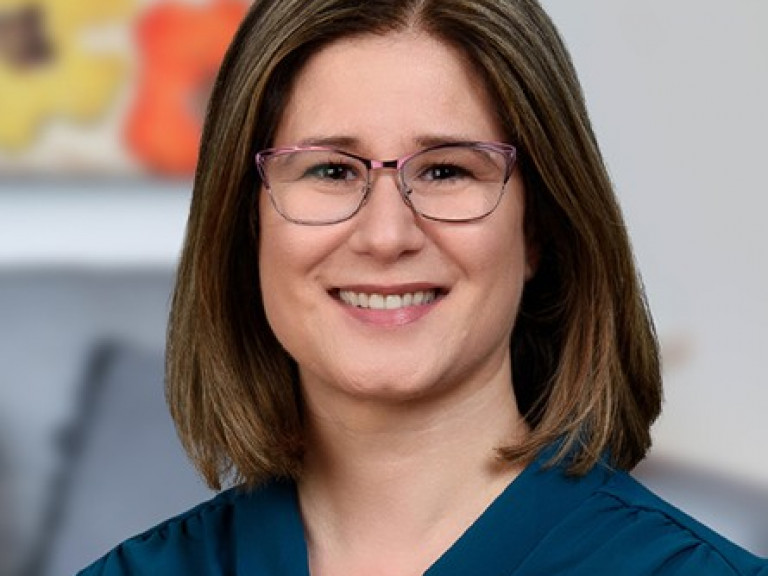
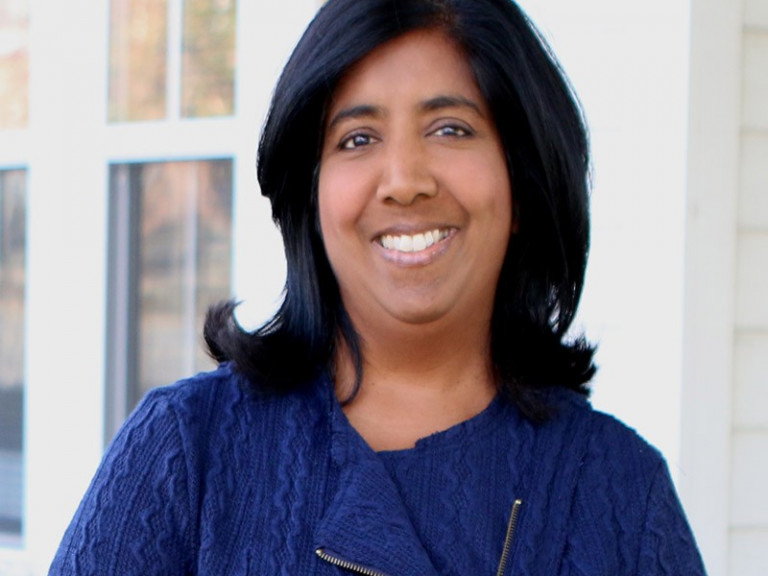
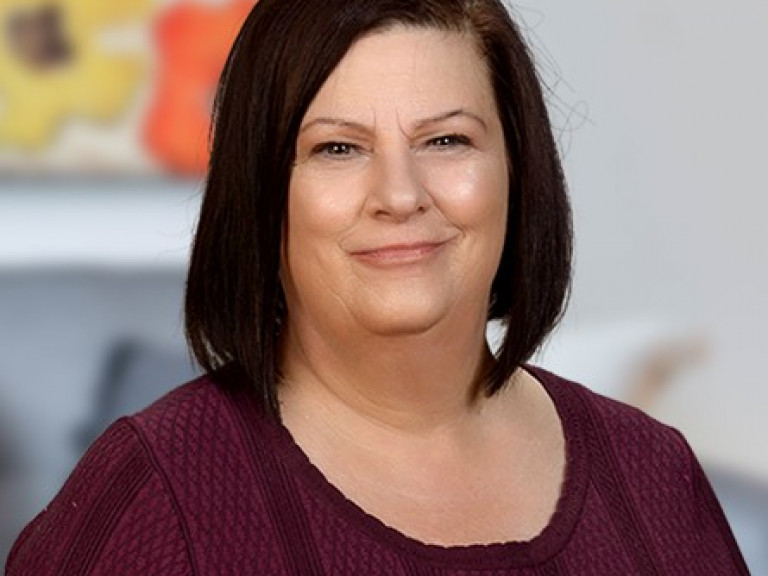
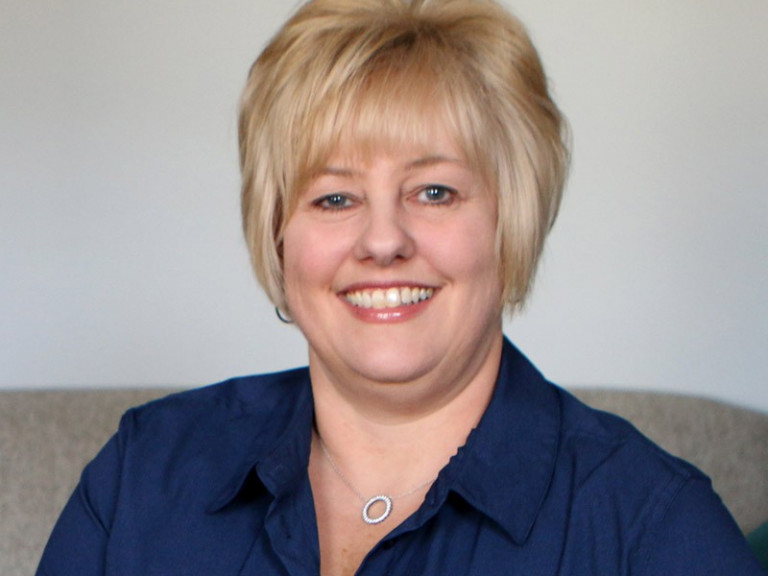
![Danca_Gina_2[42]](https://goodmanpsych.com/wp-content/uploads/freshizer/e00607ea6c3f8baac1c3ed5d3a488d6f_Danca_Gina_242-768-576-c-90.jpg)
